In a response to my post yesterday, my friend Jonathan pointed me at this excellent article by Tomas Pueyo. It’s long, and I’m not, of course able to check many of his numbers, and there are some places where he has to make estimates and assumptions, and rely on official Chinese figures more than some would think appropriate. But you should read it none the less; the basic model is very useful. I mention some highlights below.
My question yesterday was about when the virus-based health risk of travelling to an event in the UK would actually become more serious than the risks involved in the road travel to get there. Italy has passed that point (and their road-death statistics are much worse than ours!) My own guess while writing was that it would probably be about two or three weeks here, and it hadn’t escaped me that confirmed cases are a week or two behind the dates when those people actually contracted the virus, so probably the real answer was that coronavirus would be more dangerous than driving in the UK in about a week’s time (using my very crude metric). Others have pointed out that the stats suggest that we’re not that far behind Italy, so coronavirus may already be more dangerous than driving.
What I hadn’t fully appreciated, and this is the thrust of the article, was just how effective a lock-down can be. A key graphic is this one:
(Click for a full-size version)
The orange bars show diagnosed cases. The grey bars show when infection must actually have happened; something you can only deduce with hindsight, because it takes a couple of weeks. At the time Wuhan went into lock-down, they had 444 reported cases. There were probably about 12,000 actual cases at the time waiting to appear. And if we believe the official figures, the growth stopped pretty instantly once they imposed a lock-down; the kind of lock-down that perhaps only an authoritarian regime can effectively implement.
At the time, of course, this wouldn’t have been clear; the number of reported cases would have gone on rising for another 10 days or so.
Pueyo then goes on to demonstrate the effect of delaying this kind of lock-down by one day — the very significant impact it can have on the number of cases that actually appear.
This in turn affects the ability of healthcare systems to cope, which then affects the mortality rate, and so once you pass a certain threshold, the impact of each day’s delay is amplified more than you might expect. He posts this graphic by Alexander Radtke – I’ve seen similar ones online recently:
You’ll note that this graph is purely an illustration of a concept without any real data, but it’s a useful one. What’s good about Pueyo’s analysis in general, though, is that he’s trying hard to use real numbers wherever he can. He may be right, he may be wrong, and in particular his analysis may be more or less relevant to the particular situation in the UK, but it’s worth taking seriously.
So, today’s update:
- Coronavirus in the UK will very soon — probably in a few days — be more dangerous than driving. Maybe even more dangerous than Italian driving. But still not a cause for panic.
However,
- We’ll know in a couple of weeks just how dangerous it is today.
- By then it will be a lot more dangerous.
- Waiting to find that out is the best possible way to ensure that it will be even worse!
- We’re at the point where each day is very significant.
Therefore:
- Actions like panic-buying of loo rolls are not a rational response to something that is currently much less dangerous than the drive to the supermarket.
- Actions like locking down the entire country to restrict movement as much as possible may actually be a perfectly rational response to the same thing.
Fascinating stuff.
Now, here’s my next question:
You may remember the analysis a few years ago that showed that more people died after the 9/11 attacks than during them. This was because so many people were scared of flying in the following days and weeks that they drove long distances instead. Driving is so much more dangerous than air travel that the resulting death toll was higher than that on the day itself.
Now, one result of coronavirus lock-down, I hope and expect, will be that a lot more people will discover the practicality and benefits of working from home. (I’ve been doing it half-time for many years, using long Skype calls to keep in touch with my colleagues, some of whom are only a few miles away.)
If this continues on any scale after the virus threat has receded, how long will it be before the number of lives saved by the reduction in mileage and air pollution outweighs the lives lost in the epidemic?
Update: please read the comments below as well!
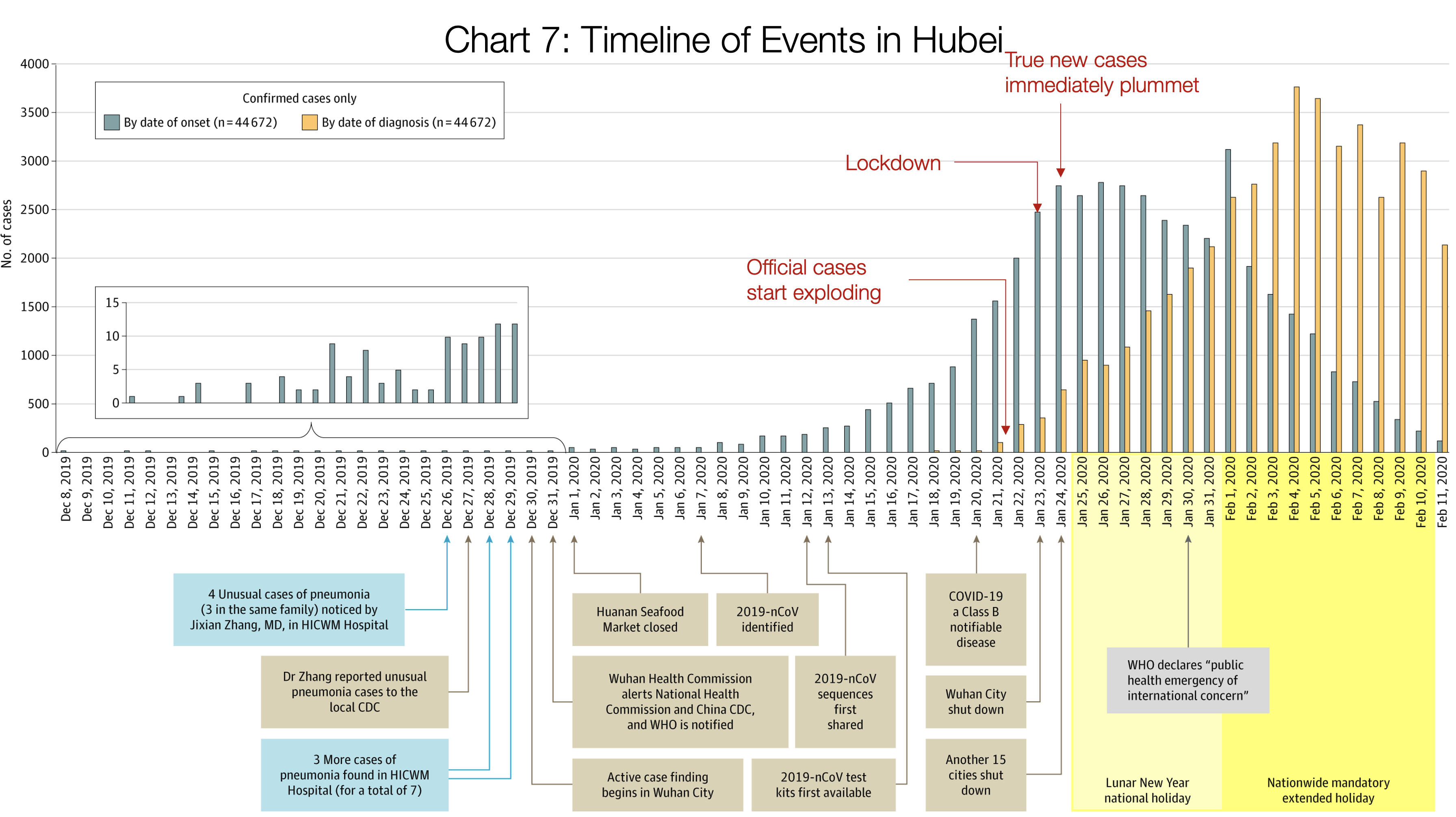
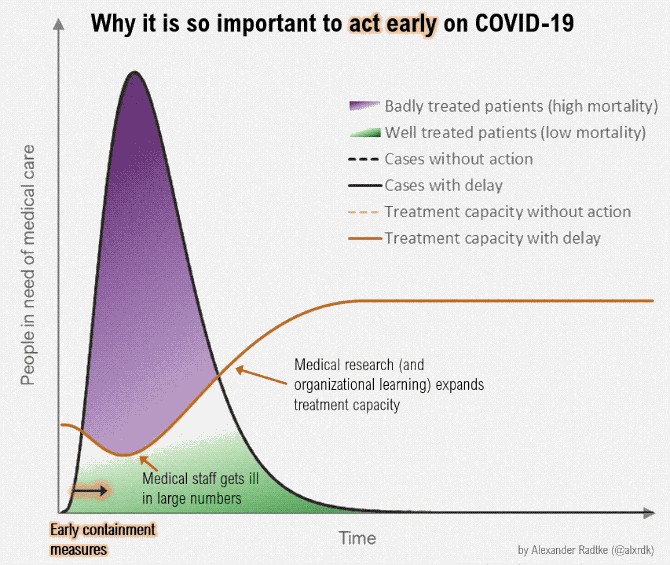
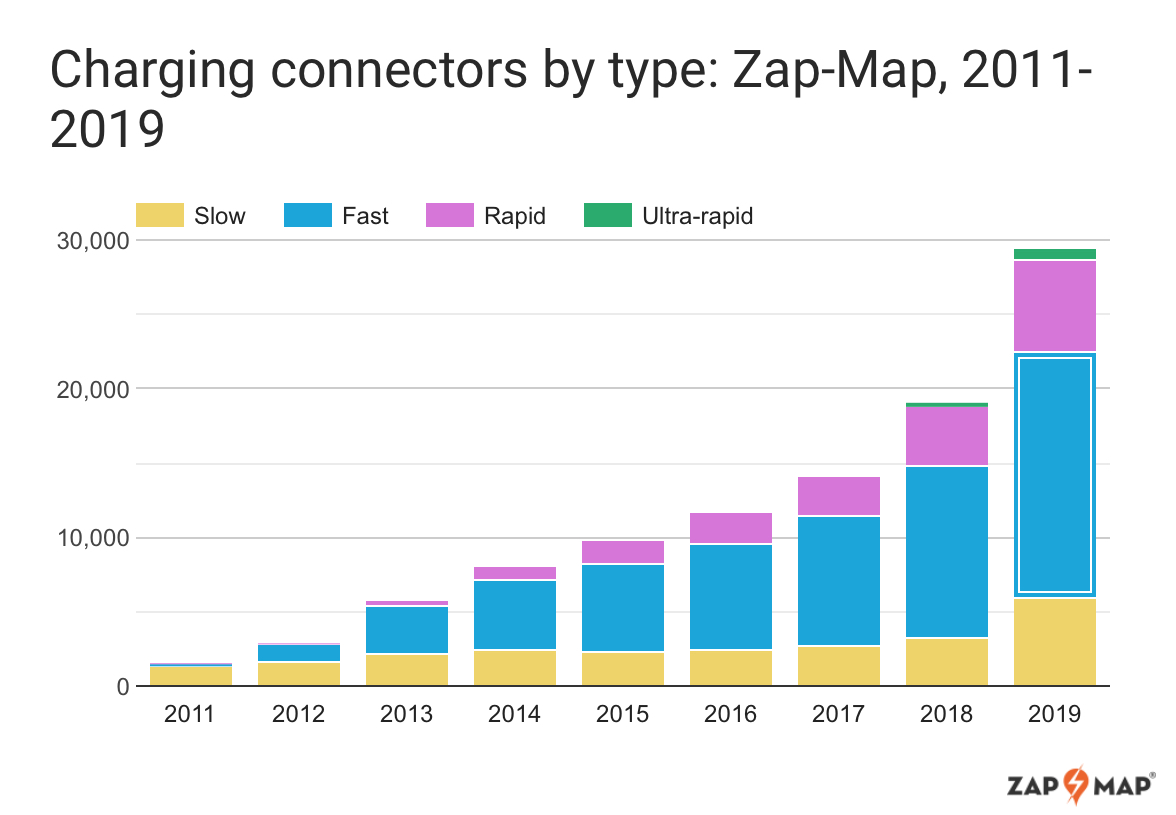

 I have a Ring video doorbell. When there’s movement in front of my door, or when someone rings the bell, it captures a brief video clip and saves it to the cloud.
I have a Ring video doorbell. When there’s movement in front of my door, or when someone rings the bell, it captures a brief video clip and saves it to the cloud. I’ve only stayed twice in AirBnB rooms.
I’ve only stayed twice in AirBnB rooms.
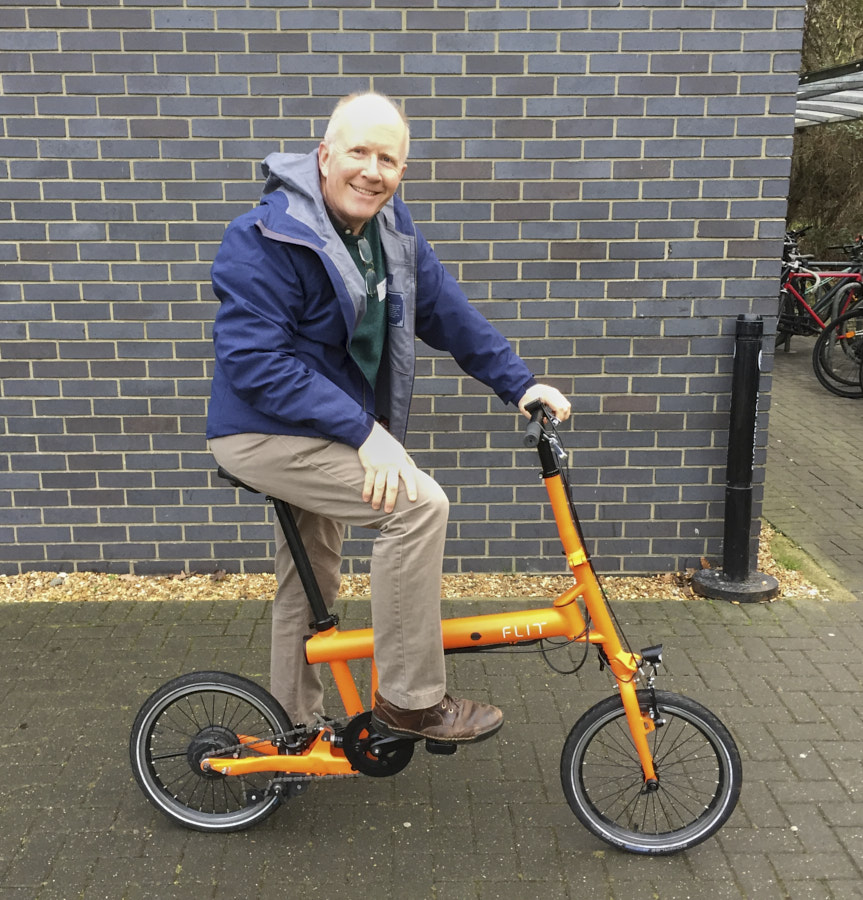
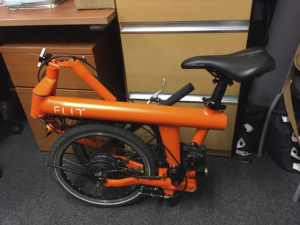
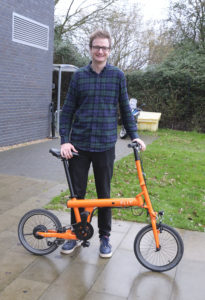
Recent Comments